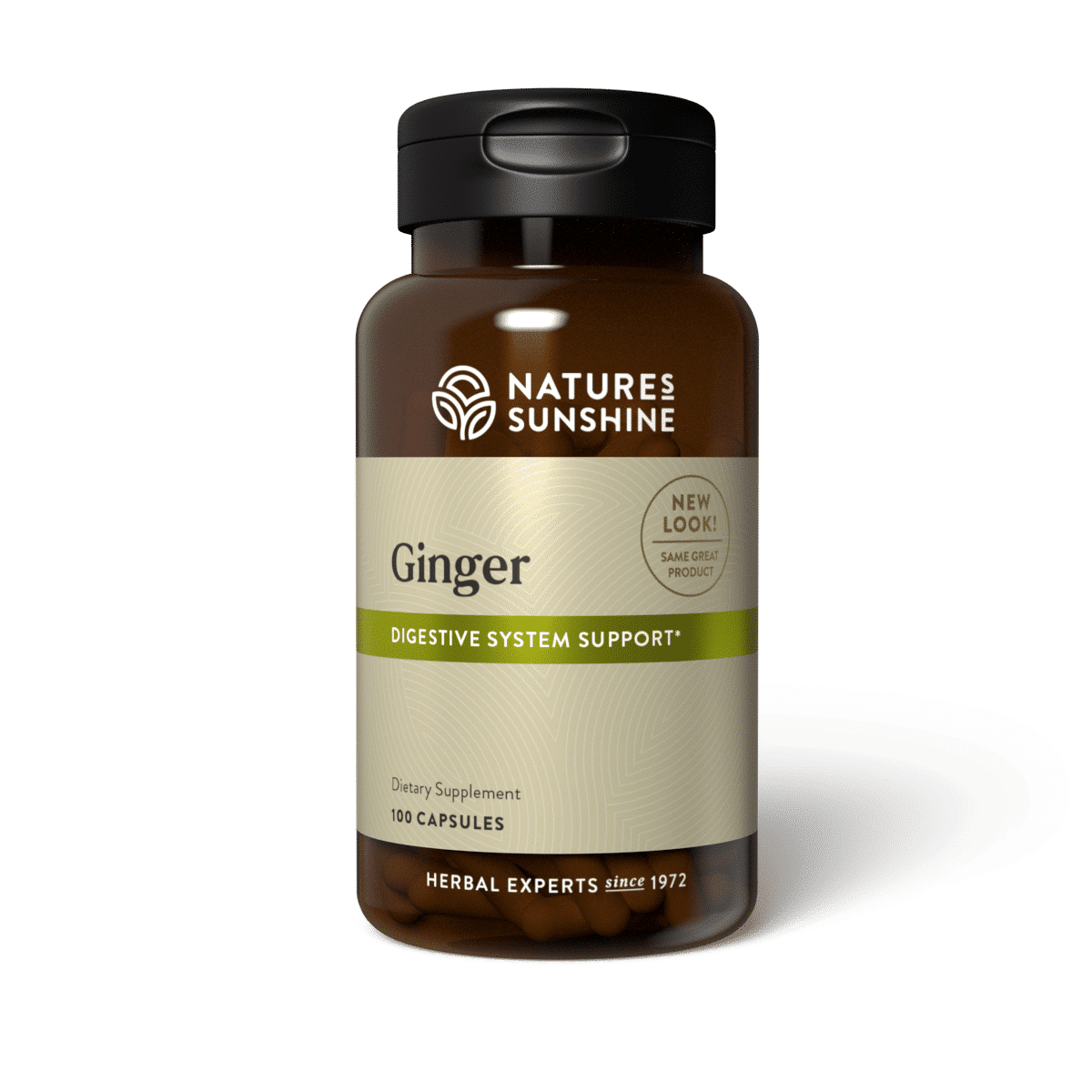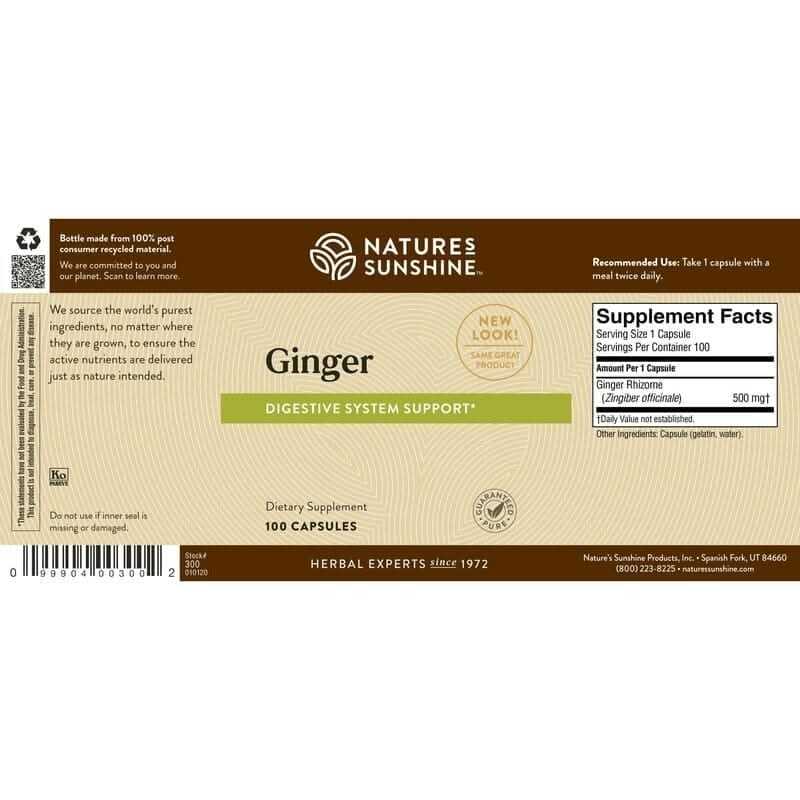The Herbs Place
Ginger
Ginger
Couldn't load pickup availability
Benefits
• Nutritionally supports the digestive process.
• Helps settle occasional stomach upset.
• May help prevent motion sickness.
Ginger has been cultivated for thousands of years in China and India. It was written about in many ancient Chinese herbal texts and is an ingredient in as many as half of all Chinese herbal combinations.
The Chinese use it to buffer the effects of stronger herbs, and they drink it widely in tea. Ginger nutritionally supports the digestive process and has the ability to help settle occasional stomach upset.
Studies show ginger is effective in helping to prevent motion sickness. Many women use it to support the female body during pregnancy. The root has a strong, sweet scent.
Many components of ginger are, like aspirin and Motrin, potent inhibitors of inflammatory substances. Ginger is also thought to inhibit "Substance P," a pain mediator that is known to be elevated in FMS.
This is the same substance that makes the Capsaicin hot pepper creams work. For Substance P inhibition, dried Ginger is most effective according to a study of 10 patients with muscle pains and 46 patients with arthritis (rheumatoid and osteoarthritis). 100% of the muscle pain patients and 75% of arthritis patients noted relief.
The recommended dose was 1000 mg of powdered Ginger per day. Many patients took 3000-4000 mg a day and noted quicker and better relief using the higher dose (Medical Hypothesis,39:342-8; 1992).
How It Works
Researchers have found that ginger may help settle the stomach during times of occasional nausea, motion sickness and morning sickness.
Ingredients
Ginger rhizome.
Recommended Use
Take 1 capsule with a meal twice daily.




